In our pursuit of optimal well-being, numerous factors contribute to living a healthy and fulfilling life. Elements such as sleep quality, stress levels, financial stability, geographical location, physical activity, and social connections all play pivotal roles in shaping our mental and physical health. Amidst these crucial aspects, our dietary choices emerge as one of the most influential determinants of overall well-being. While certain trendy diets advocate for complete elimination of beloved foods to achieve desired goals, fostering a healthy relationship with food primarily involves incorporating nutrient-dense, wholesome options into our daily routines.
Financial constraints often pose a significant challenge when individuals aspire to embrace healthier eating habits. In a world permeated by wellness culture, many companies attempt to market "healthy" foods at exorbitant prices, creating a misconception that better nutrition requires substantial financial resources. Fortunately, several of the healthiest foods, such as poultry, fruits, grains, vegetables, and legumes, can be obtained at affordable prices. To inspire and guide you in integrating more budget-friendly, nutrient-rich foods into your daily diet, we present a list of 30 meticulously curated options endorsed by dietitians.
Discovering the optimal balance between health and budget, embark on a journey towards vibrant well-being by exploring these accessible and nourishing culinary choices.
1) Eggs:

Eggs are not only delicious but also packed with nutrients. They are an excellent source of high-quality protein, containing all the essential amino acids needed for optimal health. They are rich in choline, a nutrient important for brain health. Eggs also provide vitamins such as vitamin A, vitamin D, vitamin E, and B vitamins, as well as minerals like iron, zinc, and selenium. Contrary to past beliefs, research has shown that eggs do not significantly raise cholesterol levels and can be included as part of a heart-healthy diet.
2) Walnuts:
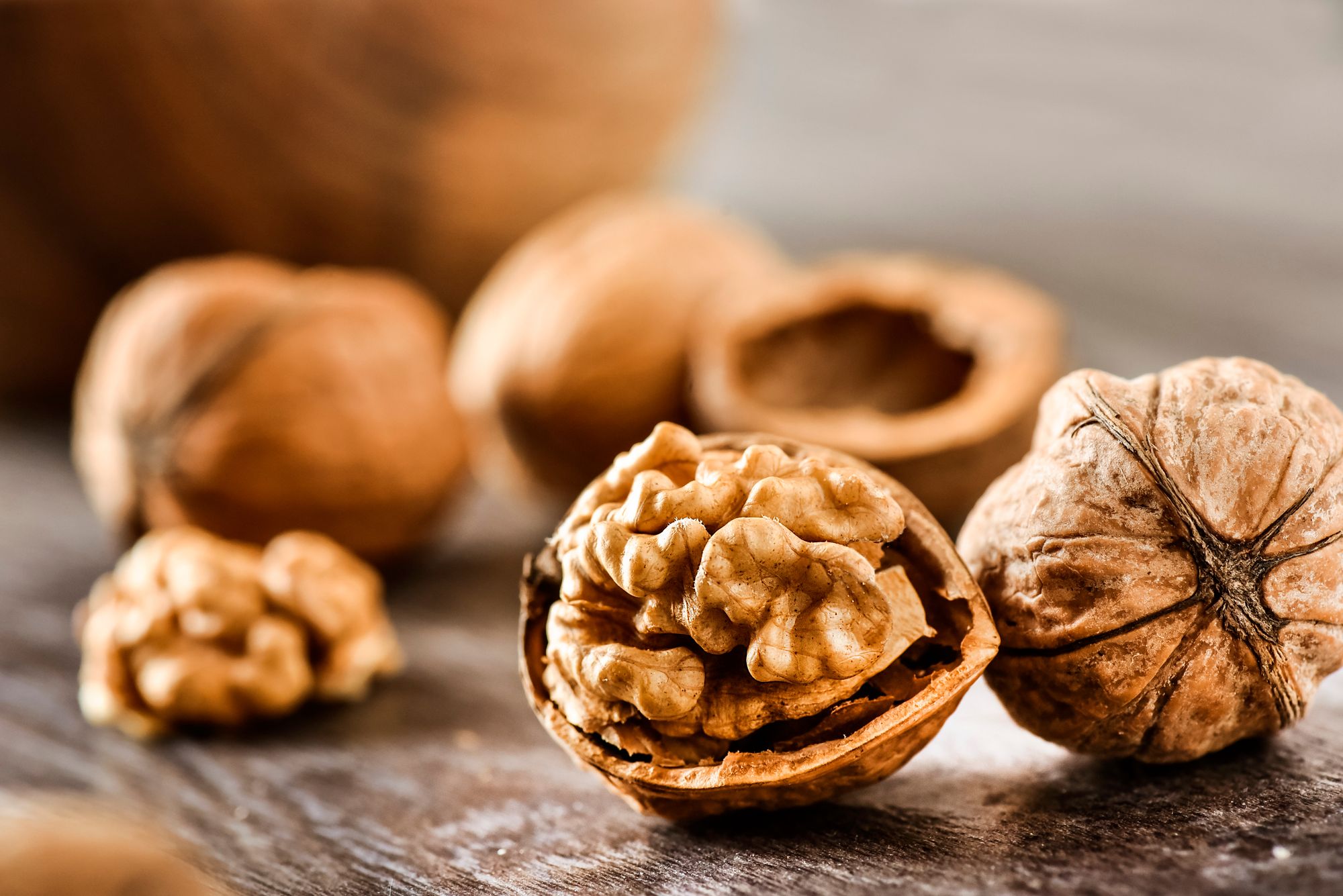
Walnuts are a powerhouse of nutrition. They are a rich source of healthy fats, including omega-3 fatty acids, which have been linked to numerous health benefits. Walnuts also provide fiber, protein, vitamins, and minerals such as magnesium and copper. They are known to support heart health by reducing LDL cholesterol levels and improving blood vessel function. Additionally, their antioxidants and anti-inflammatory properties contribute to overall well-being.
3) Dandelion Greens:
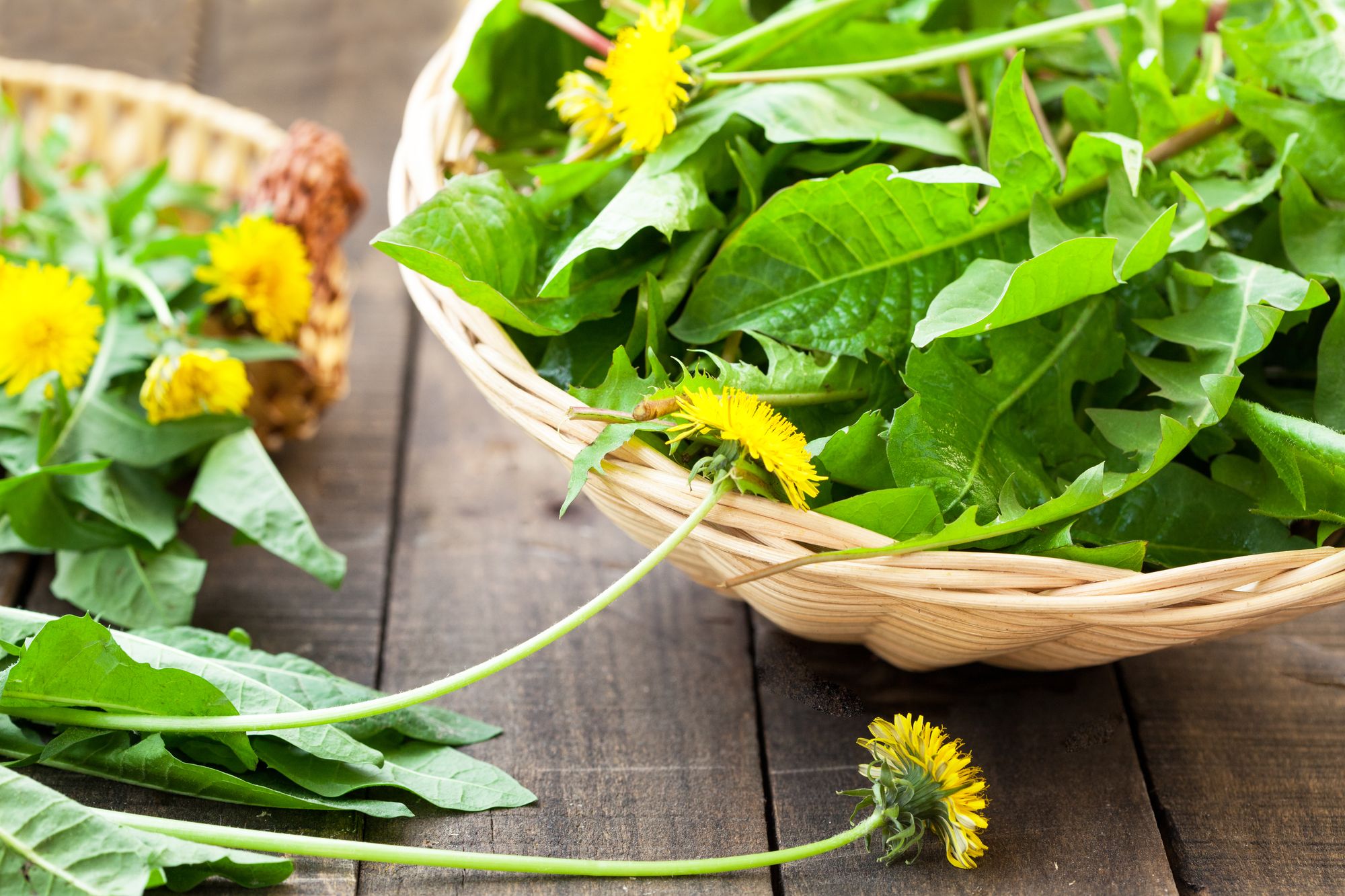
Dandelion greens may be lesser-known, but they offer a wealth of health benefits. These leafy greens are packed with nutrients like vitamins A, C, and K, as well as minerals such as calcium and iron. They promote liver health by increasing bile flow and aiding digestion. Dandelion greens also contain powerful antioxidants that support eye health, protect against cataracts and macular degeneration, and help reduce inflammation in the body.
4) Prunes:
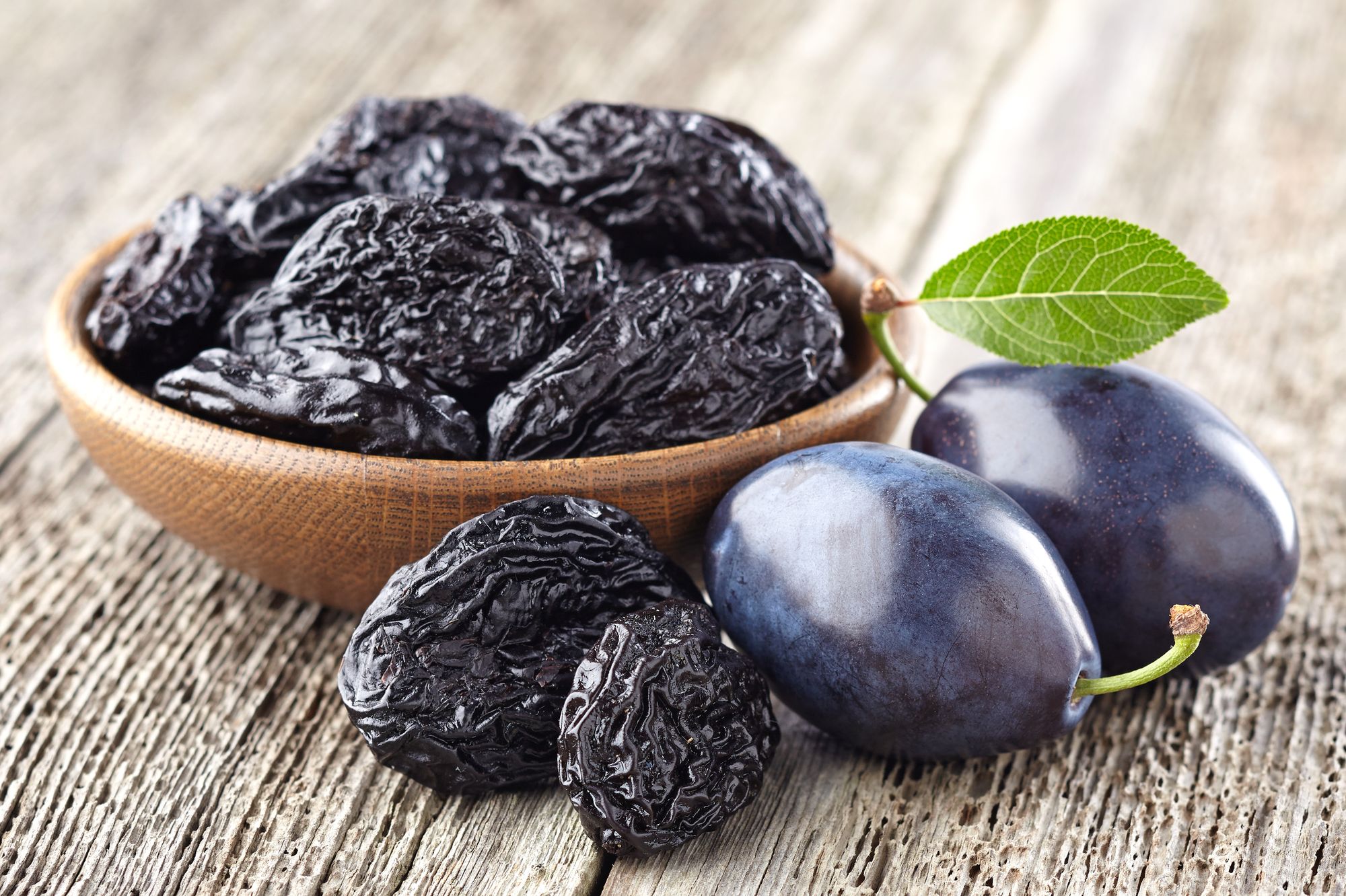
Prunes, often overlooked, are a fantastic addition to a healthy diet. They are high in fiber, providing relief from constipation and promoting a healthy digestive system. Prunes also contain bone-strengthening nutrients such as boron, potassium, and vitamin K, making them beneficial for maintaining bone health. Studies suggest that daily consumption of prunes can help prevent bone loss and preserve bone structure, particularly in post-menopausal women.
5) Broccoli:
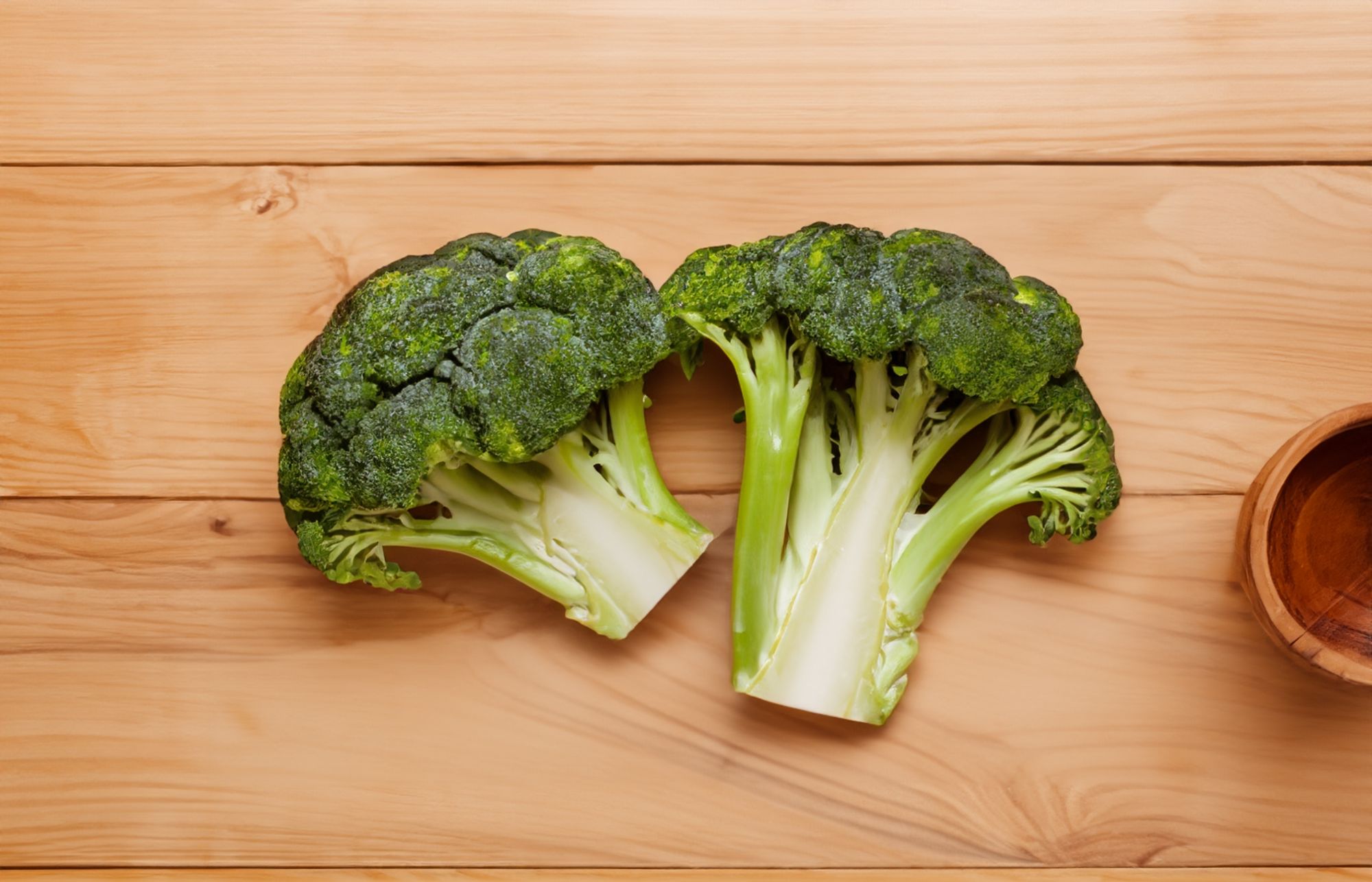
Broccoli is a cruciferous vegetable packed with nutrients. It is an excellent source of vitamins C, K, and A, as well as folate and fiber. Broccoli's high antioxidant content, including sulforaphane, supports immune function, reduces inflammation, and may help lower the risk of certain cancers. Its fiber promotes digestive health and aids in weight management. Regular consumption of broccoli can contribute to overall well-being and a healthy diet.
6) Pumpkin Seeds:
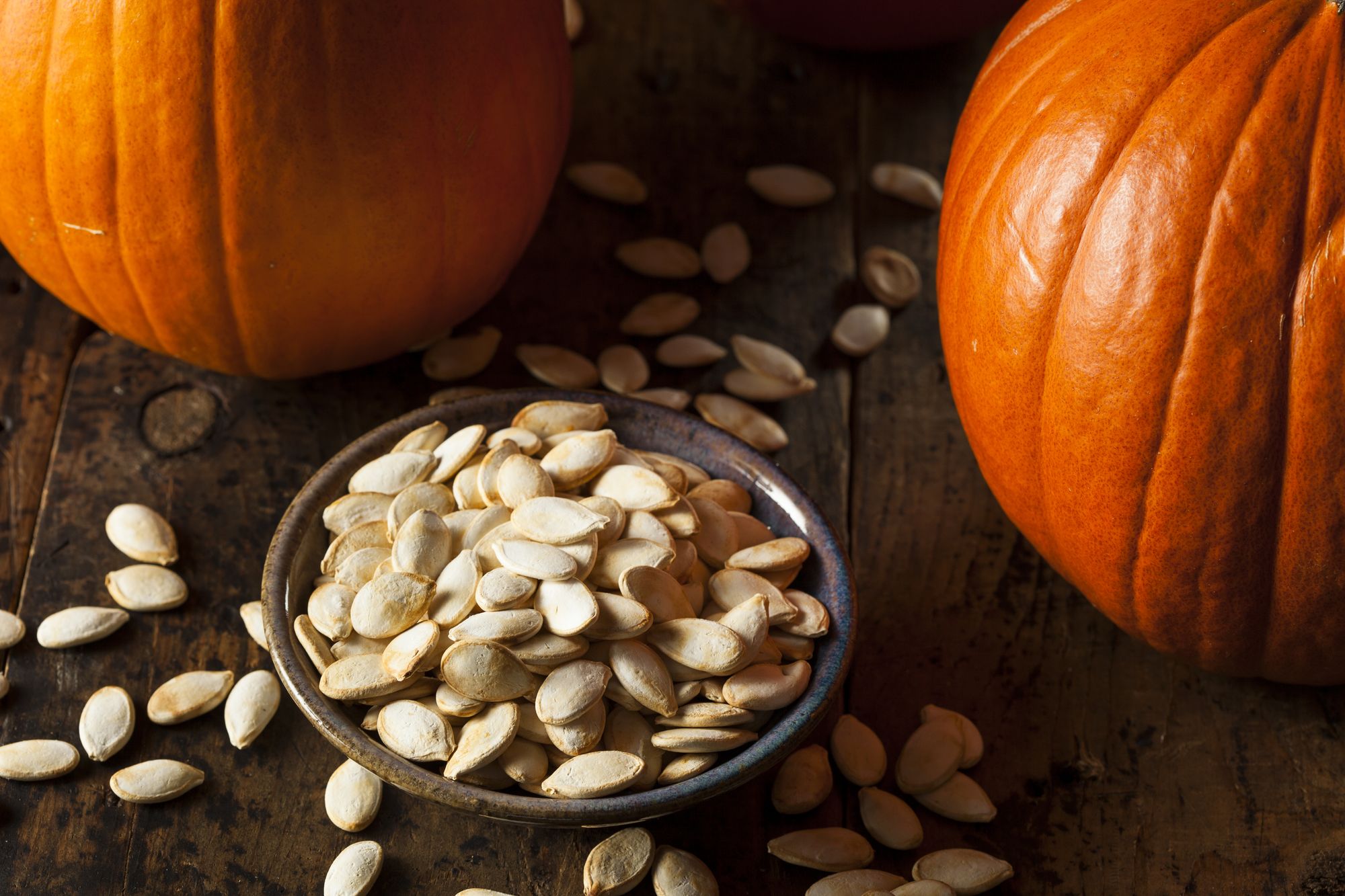
Don't overlook pumpkin seeds as a nutritious snack. They are a great source of fiber, protein, healthy fats, and minerals like magnesium and zinc. Pumpkin seeds support digestion, help regulate stress, and contribute to balanced moods due to their magnesium content. They are also rich in antioxidants, which protect against cell damage and support overall health.
7) Yogurt:
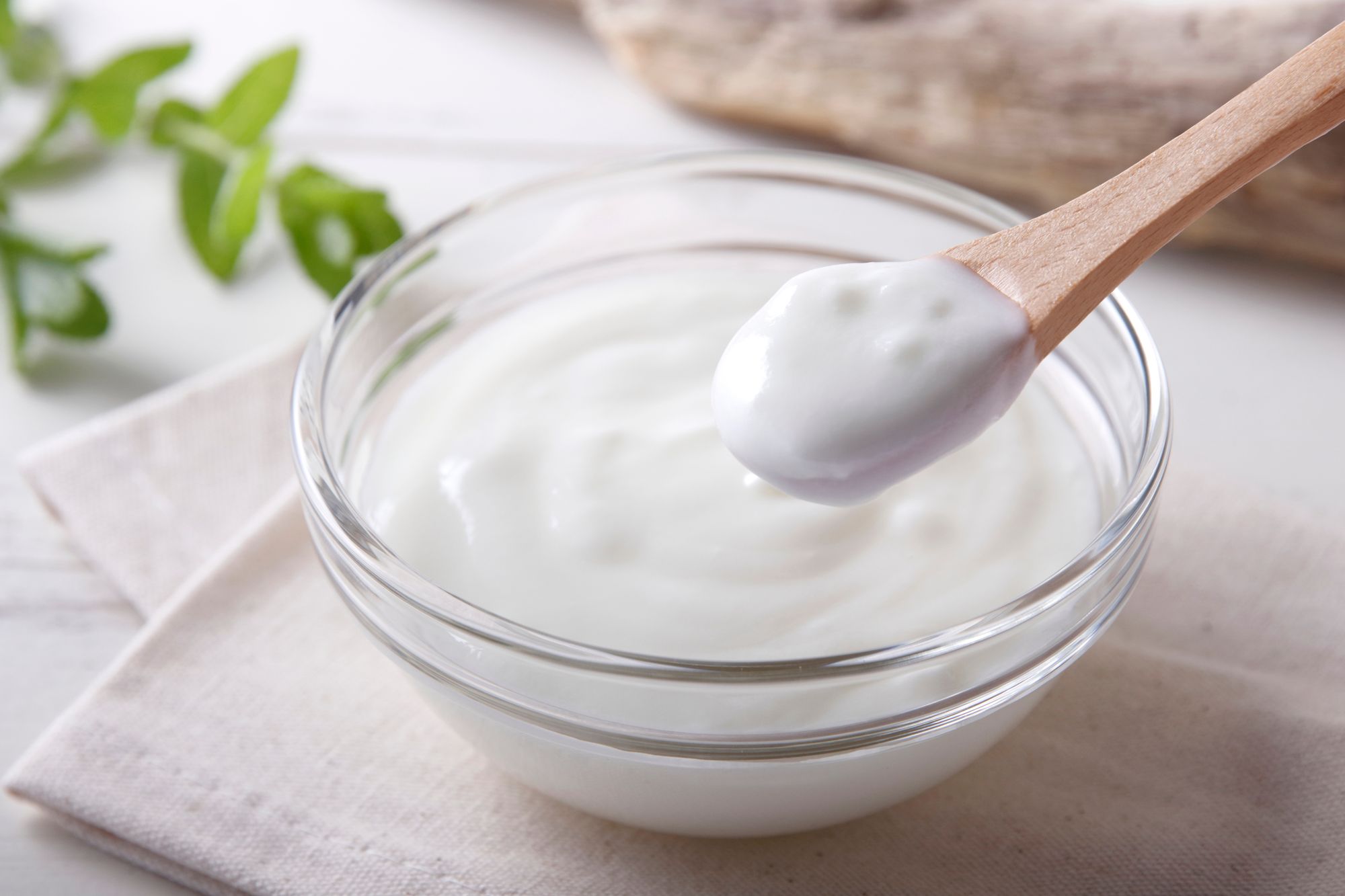
Yogurt is a versatile and nutritious food. It is rich in probiotics, which are beneficial bacteria that support gut health and strengthen the immune system. Yogurt is also a good source of calcium, phosphorus, and vitamin D, essential for bone health. Additionally, its protein content aids in tissue repair and helps with satiety. Opt for plain yogurt without added sugars for the most health benefits.
8) True Tea:

True tea, including green, black, oolong, and white tea, provides unique plant compounds called flavan-3-ols. These compounds have been associated with various health benefits, including cardiovascular health. Drinking two cups of true tea daily can contribute to the recommended intake of flavan-3-ols and support heart health. Green tea, in particular, is known for its high antioxidant content and potential metabolism-boosting effects.
9) Oatmeal:
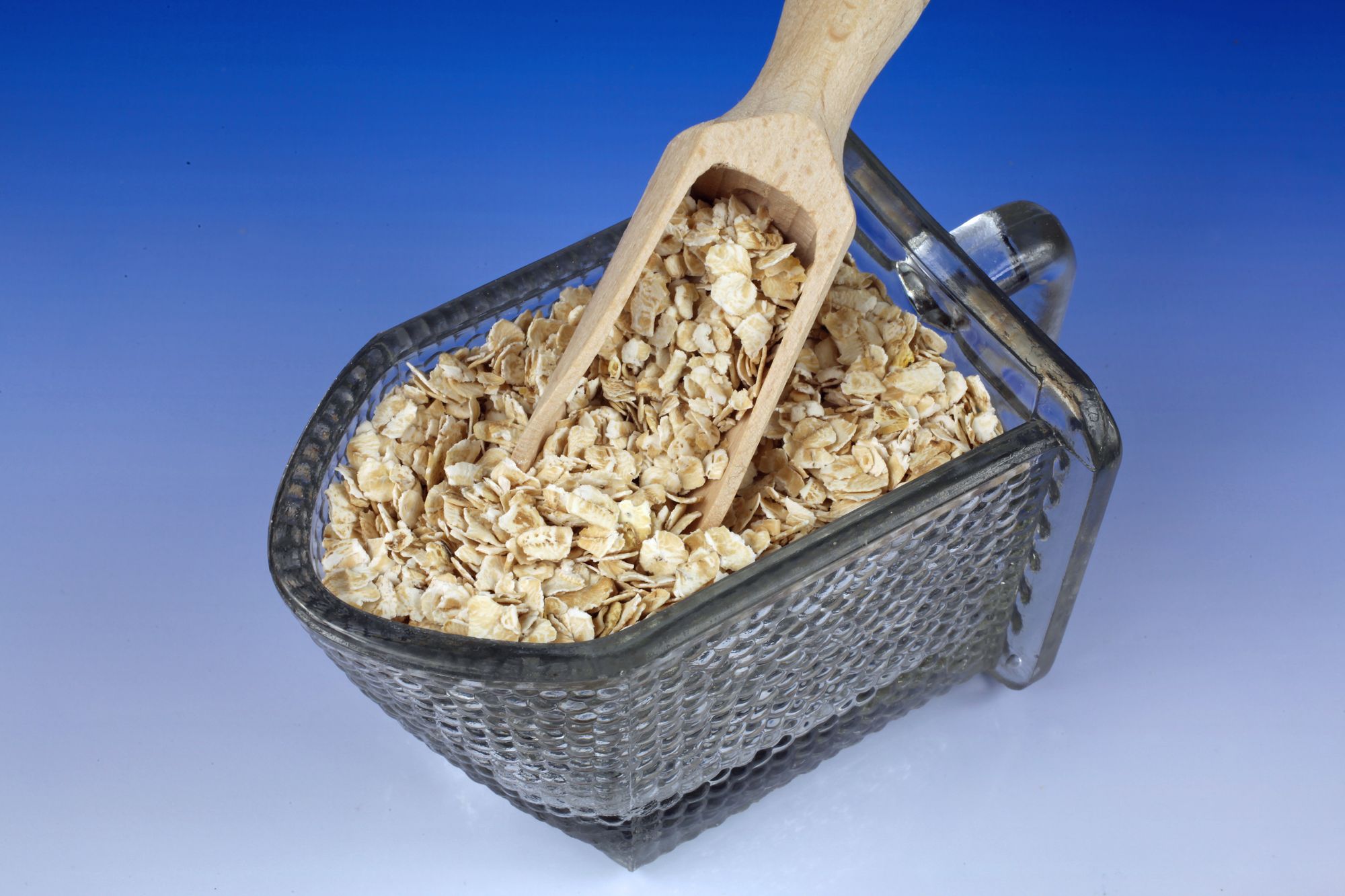
Oatmeal is a nutritious whole grain that offers a range of health benefits. It is high in fiber, providing satiety, supporting digestive health, and helping to regulate blood sugar levels. Oats also contain beta-glucan, a type of soluble fiber that has been shown to lower LDL cholesterol levels. Additionally, oatmeal is a good source of vitamins, minerals, and antioxidants, making it a nourishing choice for breakfast or snacks.
10) Olive Oil:

Olive oil, a staple of the Mediterranean diet, is renowned for its health benefits. It is rich in monounsaturated fats, which promote heart health by reducing LDL cholesterol and improving blood vessel function. Olive oil also contains antioxidants that protect against oxidative stress and inflammation. Incorporating olive oil into your diet can contribute to a healthy heart and overall well-being.
11) Carrots:
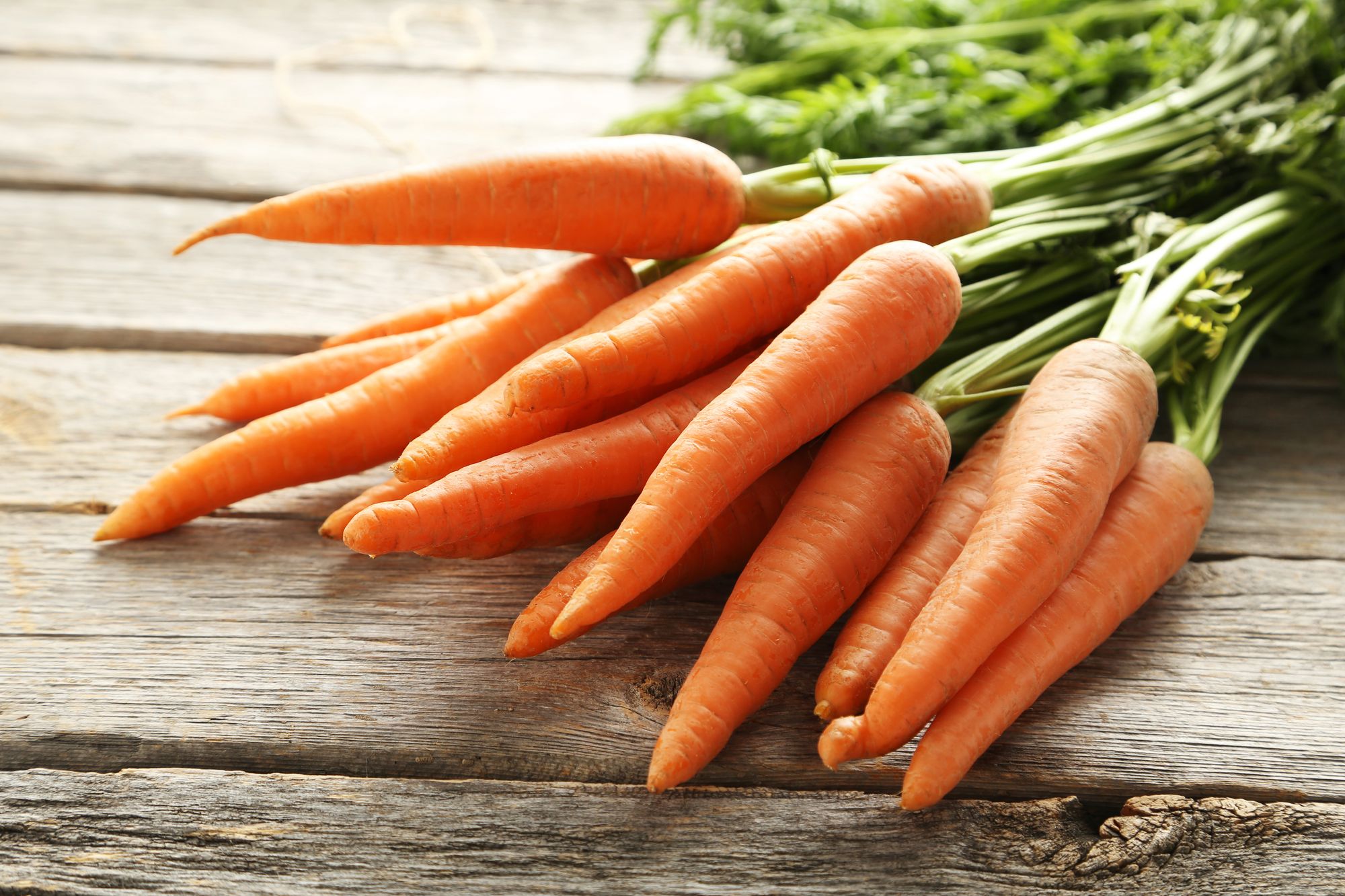
Carrots are not only great for your eyes but also offer a wide array of health benefits. They are packed with beta-carotene, an antioxidant that converts to vitamin A in the body, supporting vision and immune function. Carrots are also rich in fiber, promoting digestive health and aiding weight management. Their nutrient profile, including vitamins K, C, and B6, and minerals like potassium, make them a nutritious addition to your daily diet.
12) Pistachios:
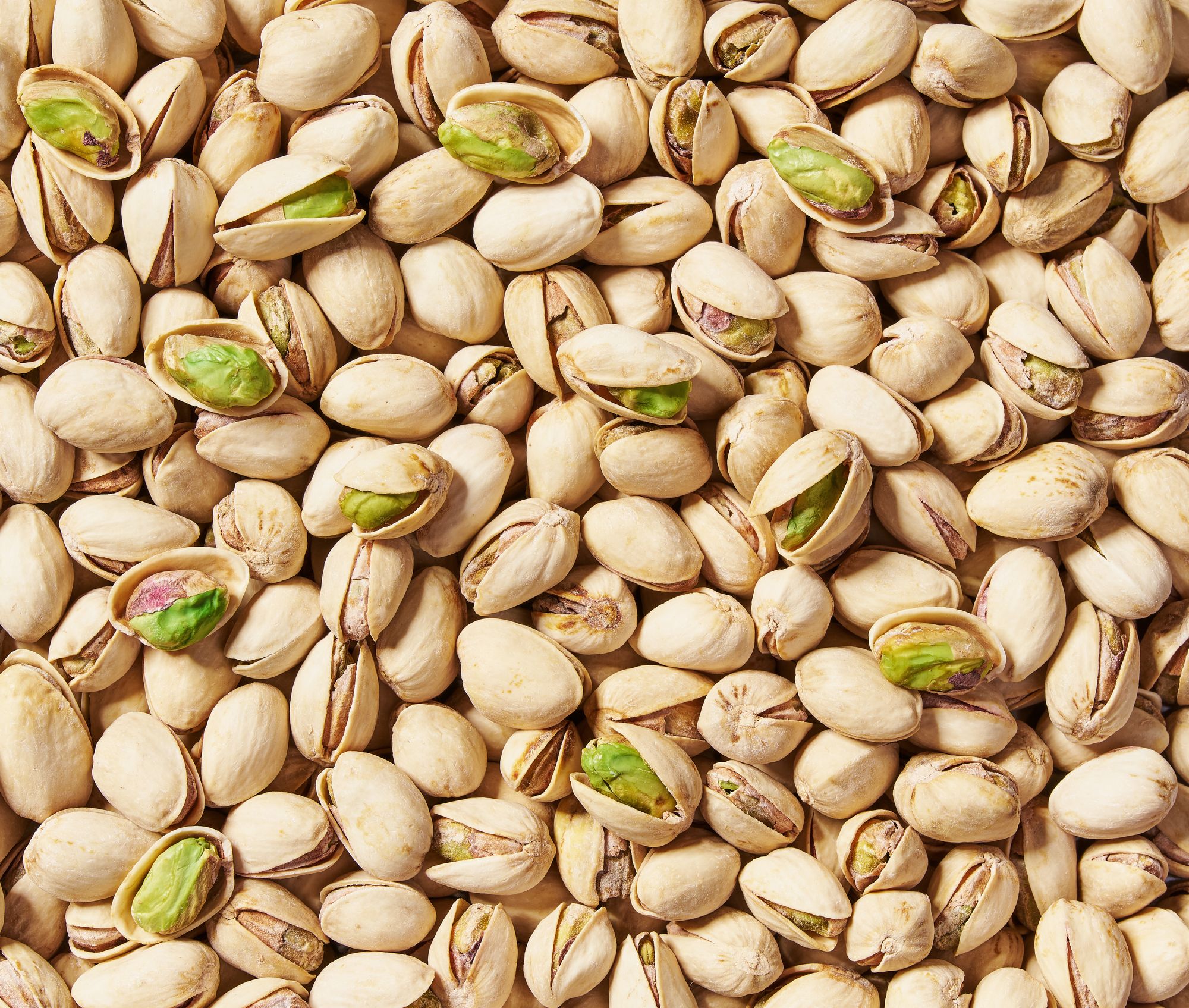
Pistachios are not just a tasty snack; they are also a nutrient powerhouse. These nuts are high in fiber, protein, and healthy fats, including monounsaturated fats. Pistachios are rich in antioxidants, such as lutein and zeaxanthin, which support eye health. They have been associated with various health benefits, including improved heart health, weight management, and reduced inflammation.
13) Raspberries:
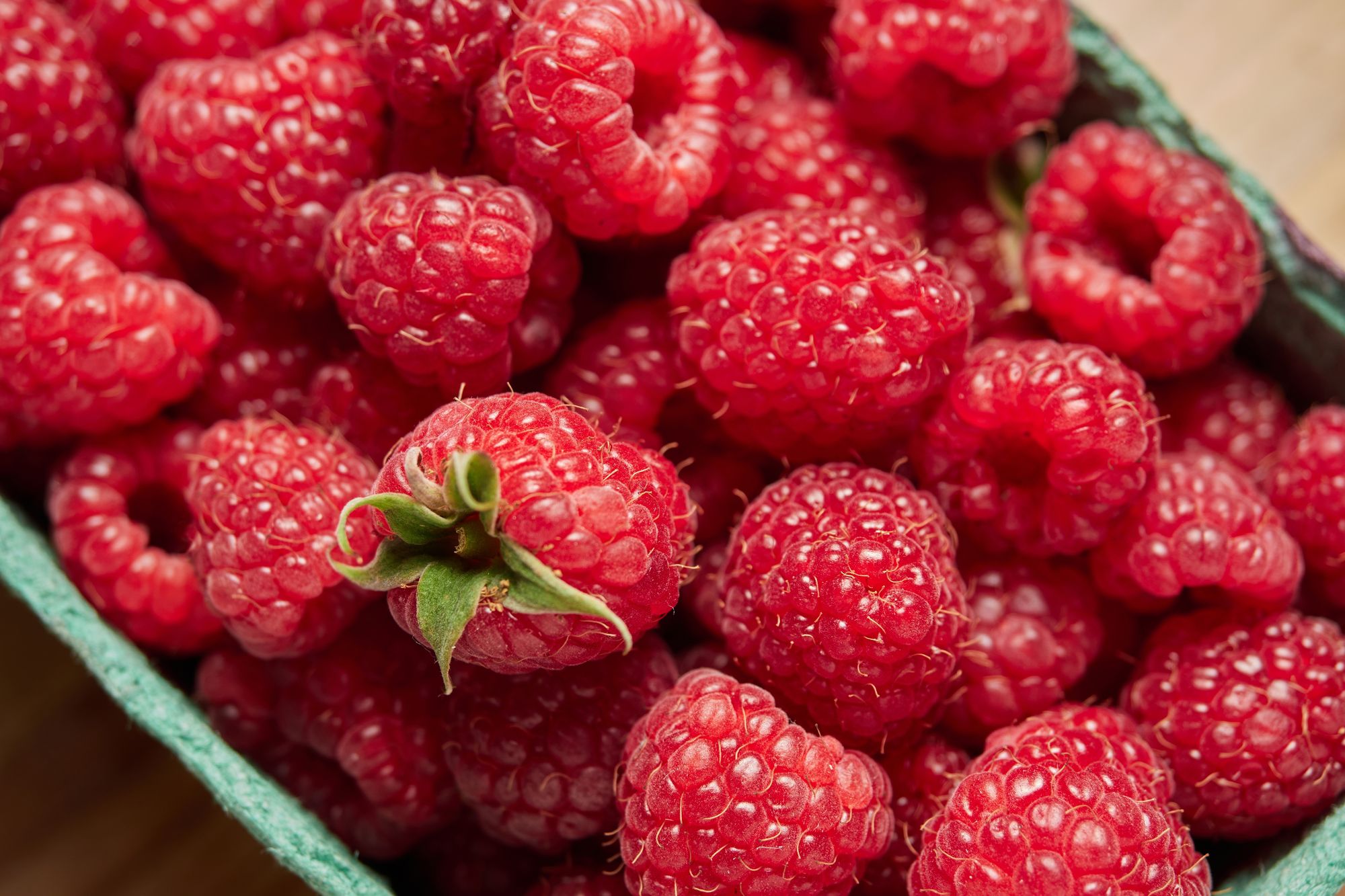
Raspberries are a delicious and nutritious berry option. They are packed with vitamins, minerals, and antioxidants. Raspberries are particularly high in vitamin C, which supports immune function and collagen production. Their fiber content aids digestion and promotes feelings of fullness. Regular consumption of raspberries can contribute to overall well-being and provide a flavorful addition to meals and snacks.
14) Broccoli Sprouts:
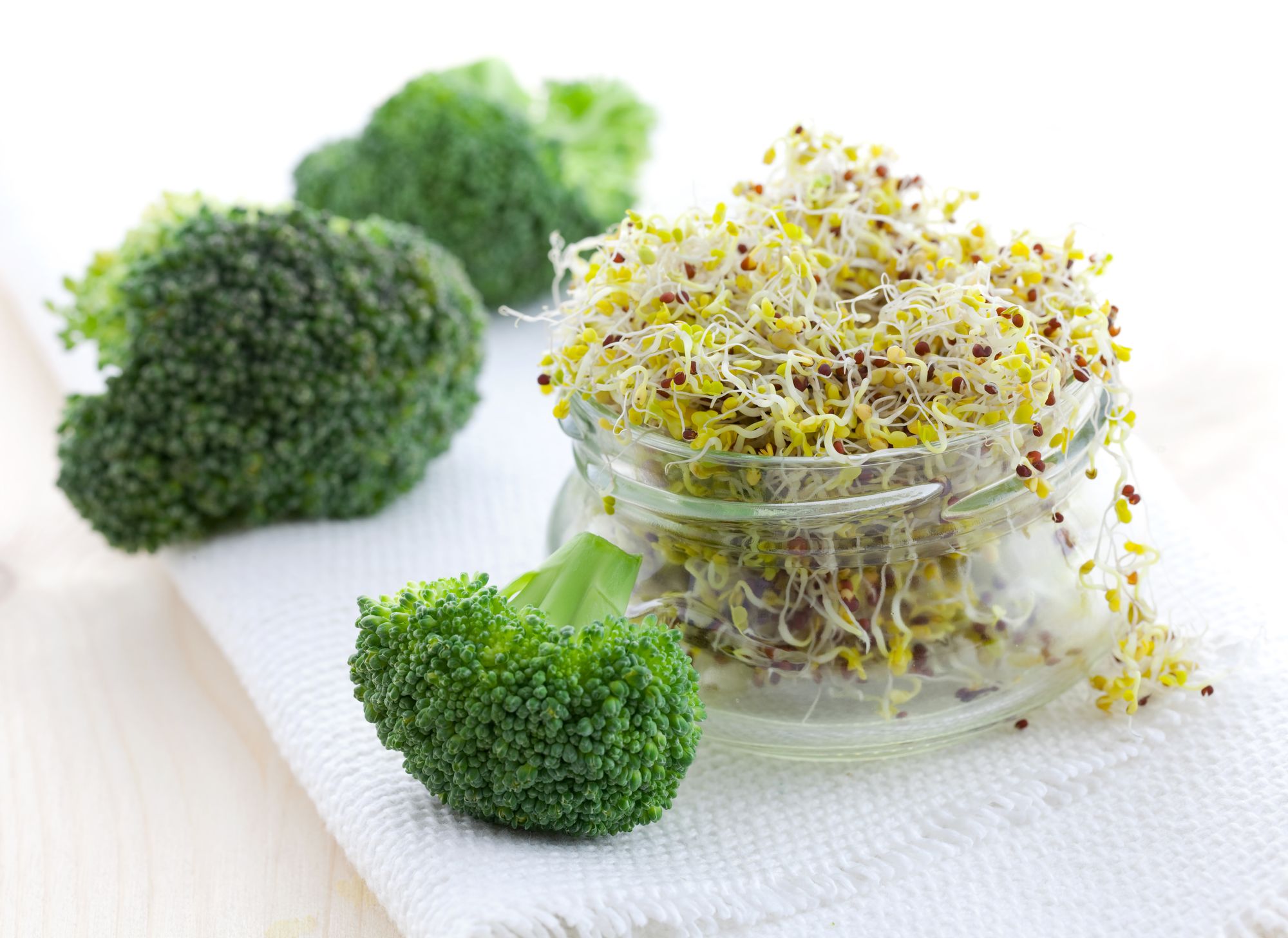
While broccoli is well-known for its health benefits, its sprouts deserve recognition too. Broccoli sprouts contain a compound called sulforaphane, which has potent anti-cancer and anti-inflammatory properties. Sulforaphane promotes the body's natural detoxification processes, enhances liver function, and may help reduce the risk of certain cancers. Adding broccoli sprouts to your diet can provide a concentrated dose of this beneficial compound.
15) Avocado:
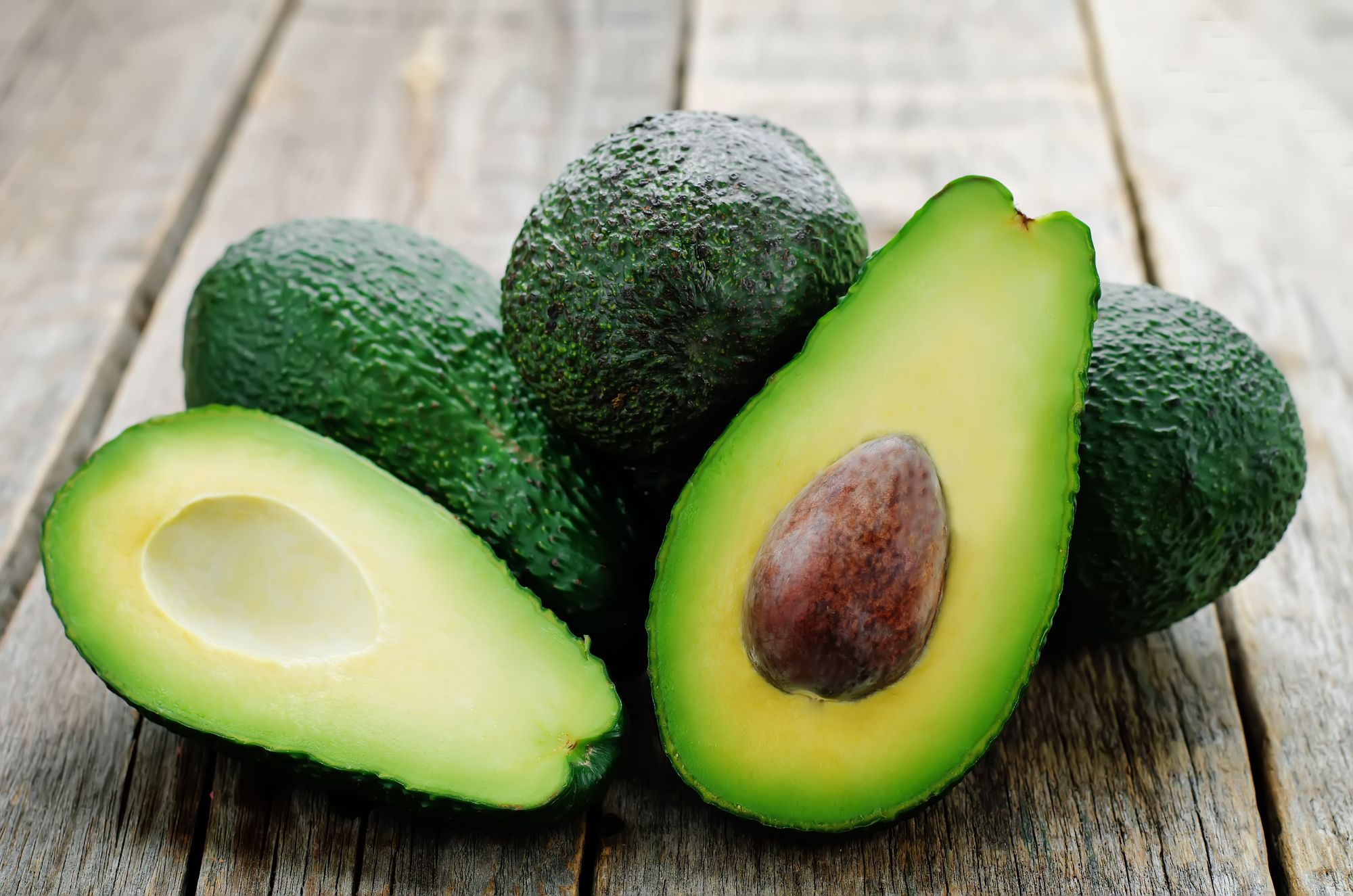
Avocado is a nutrient-dense fruit known for its healthy fats. It is rich in monounsaturated fats, which have been associated with heart health and reduced risk of chronic diseases. Avocado also provides fiber, vitamins, and minerals such as potassium and vitamin K. Its creamy texture and versatility make it a great addition to salads, sandwiches, and smoothies.
16) Chia Seeds:
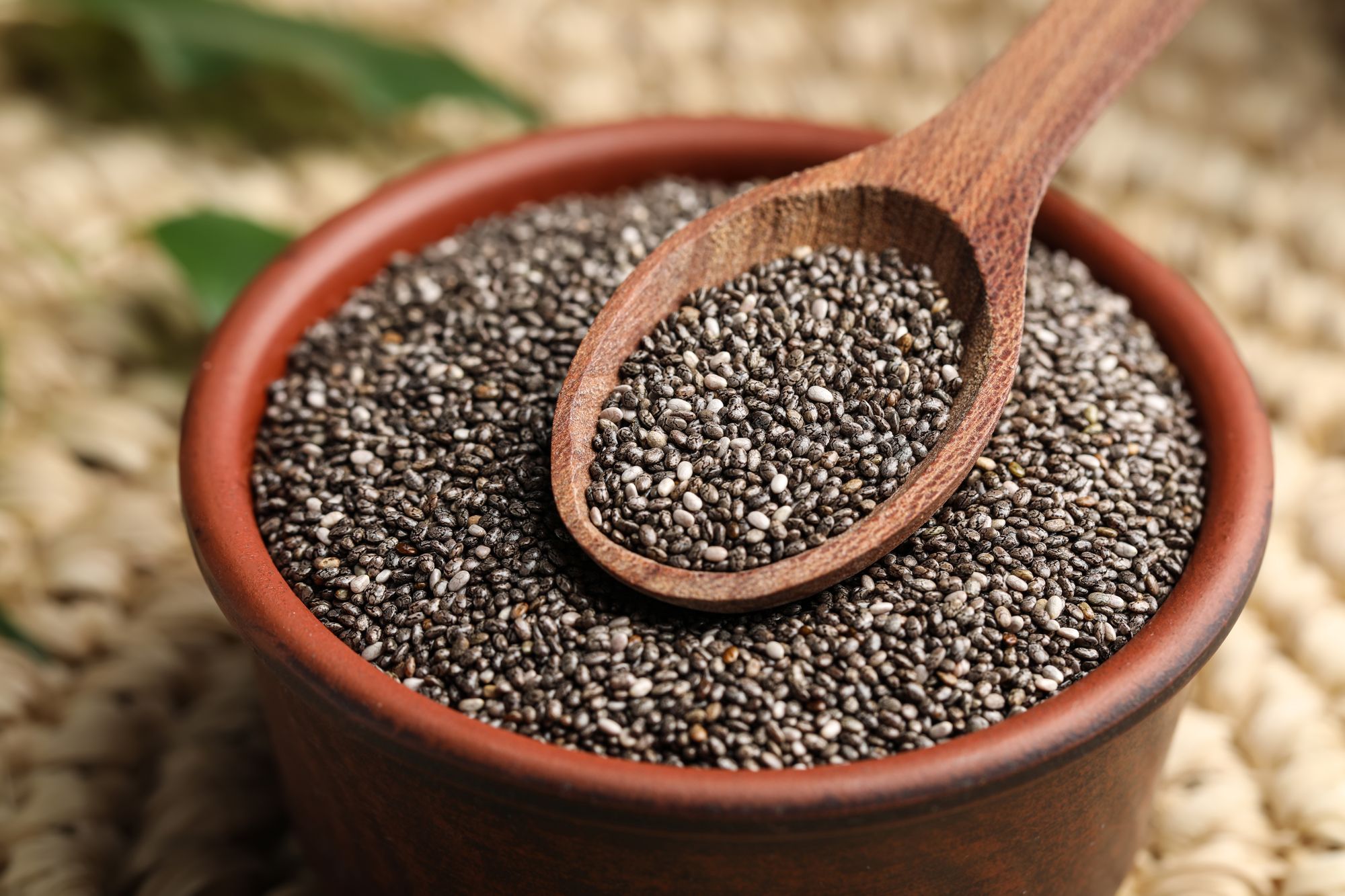
Despite their small size, chia seeds are a nutritional powerhouse. They are an excellent source of fiber, providing both soluble and insoluble fiber that supports digestive health. Chia seeds are also rich in omega-3 fatty acids, protein, and minerals like calcium and magnesium. They can be added to various dishes, including smoothies, oatmeal, and baked goods, to boost nutritional value.
17) Tomatoes:

Tomatoes are not only a versatile ingredient but also offer numerous health benefits. They are rich in lycopene, a powerful antioxidant associated with a reduced risk of heart disease and certain cancers. Tomatoes also provide vitamin C, potassium, and vitamin K. Incorporating tomatoes into your diet can contribute to overall well-being and support a healthy heart.
18) Salmon:

Salmon is an oily fish that is highly nutritious. It is an excellent source of high-quality protein and omega-3 fatty acids, which are beneficial for heart health and brain function. Salmon also provides vitamins D and B12, selenium, and potassium. Including salmon in your diet can help improve overall health and reduce the risk of chronic diseases.
19) Peanut Butter:
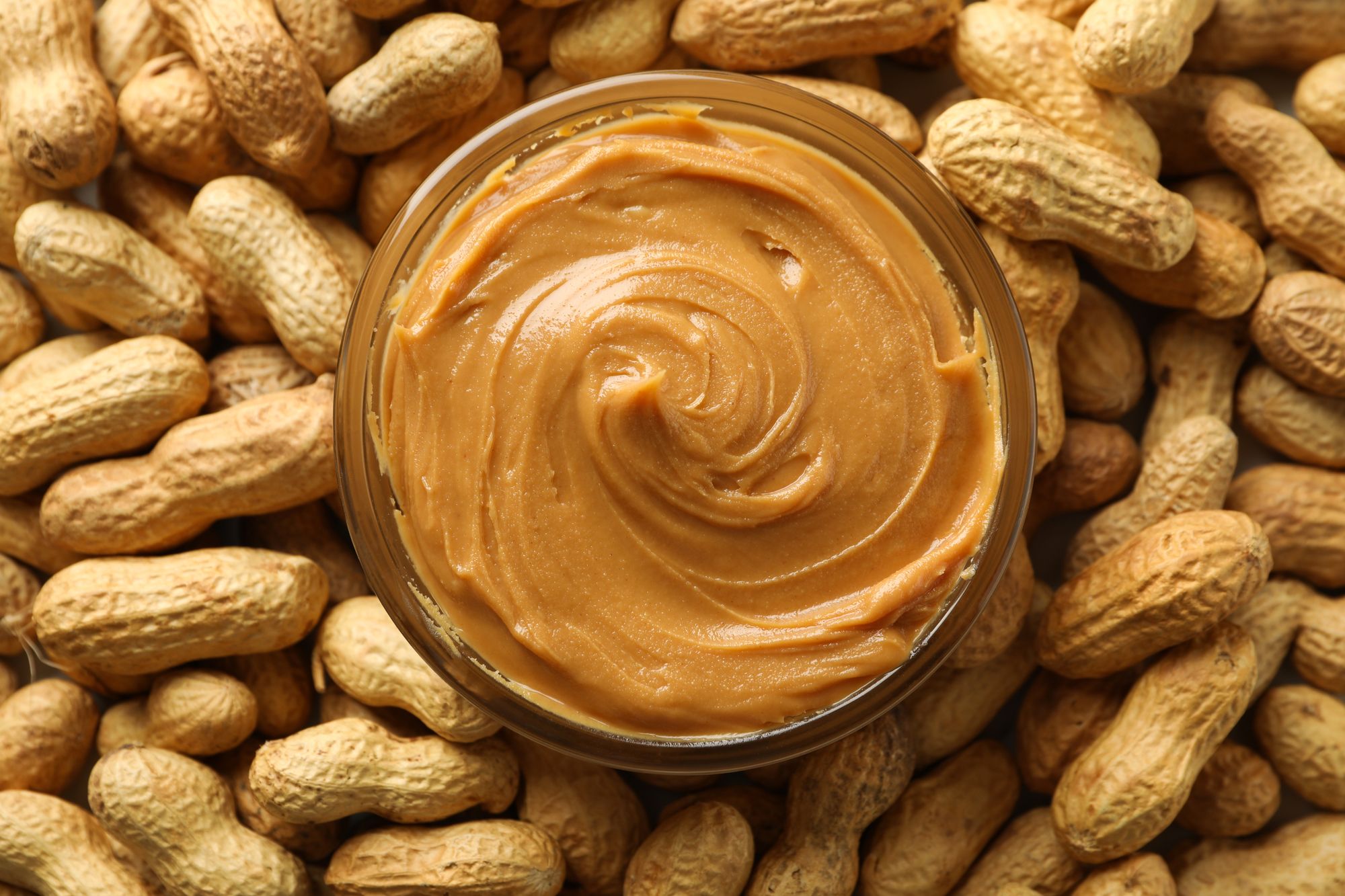
Peanut butter is a tasty and nutrient-rich spread. It is a good source of protein, healthy fats, fiber, vitamins, and minerals. Peanut butter promotes satiety, aids in blood sugar control, and supports heart health. Choose natural peanut butter without added sugars or hydrogenated oils for the best nutritional benefits.
20) Black Beans:
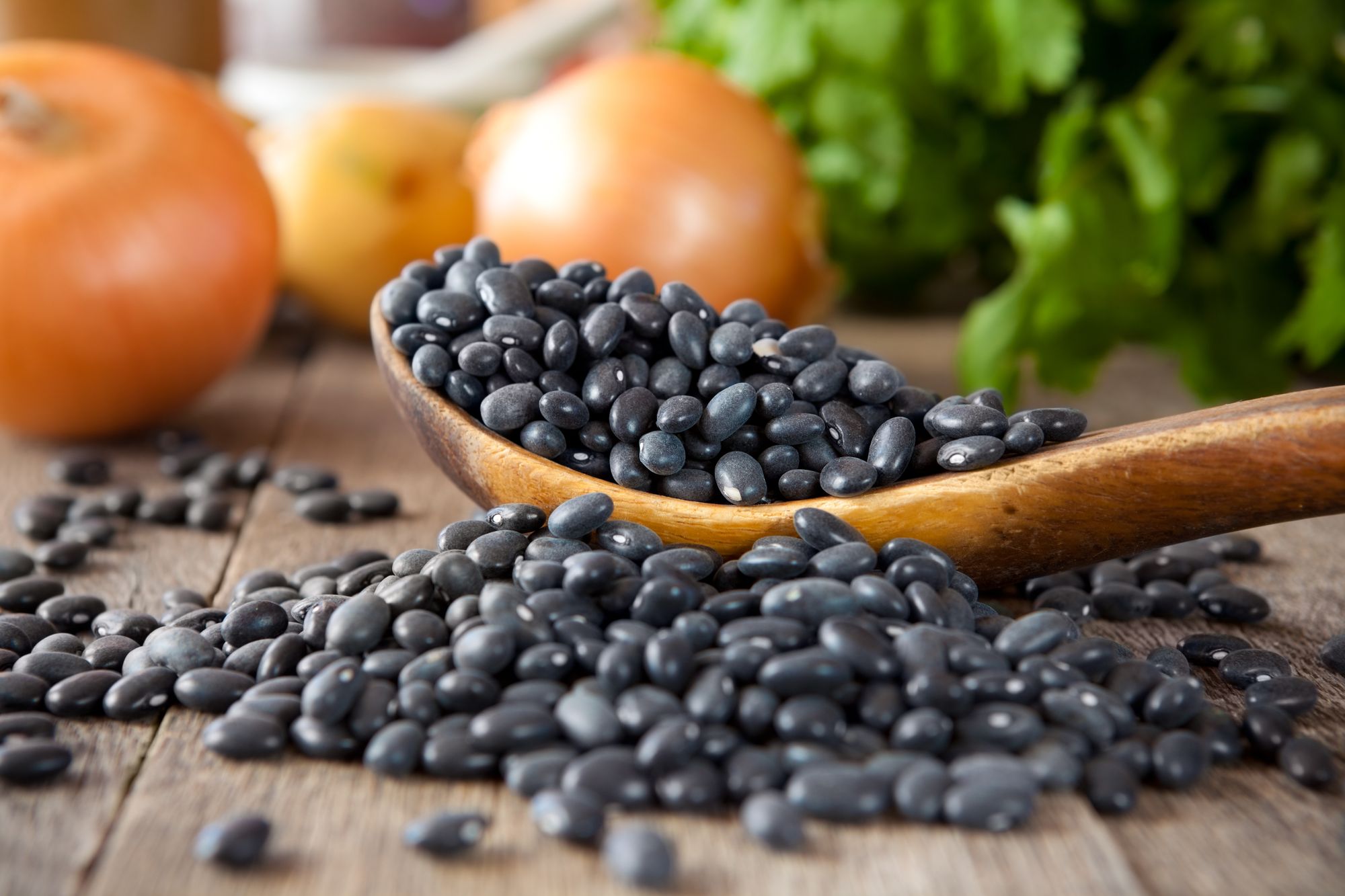
Black beans are a versatile legume that is loaded with fiber, protein, and various vitamins and minerals. They are an excellent plant-based protein source and contribute to a healthy digestive system. Black beans also provide antioxidants, iron, folate, and magnesium. Incorporating black beans into your diet can support overall health and contribute to a balanced diet.
21) Blueberries:
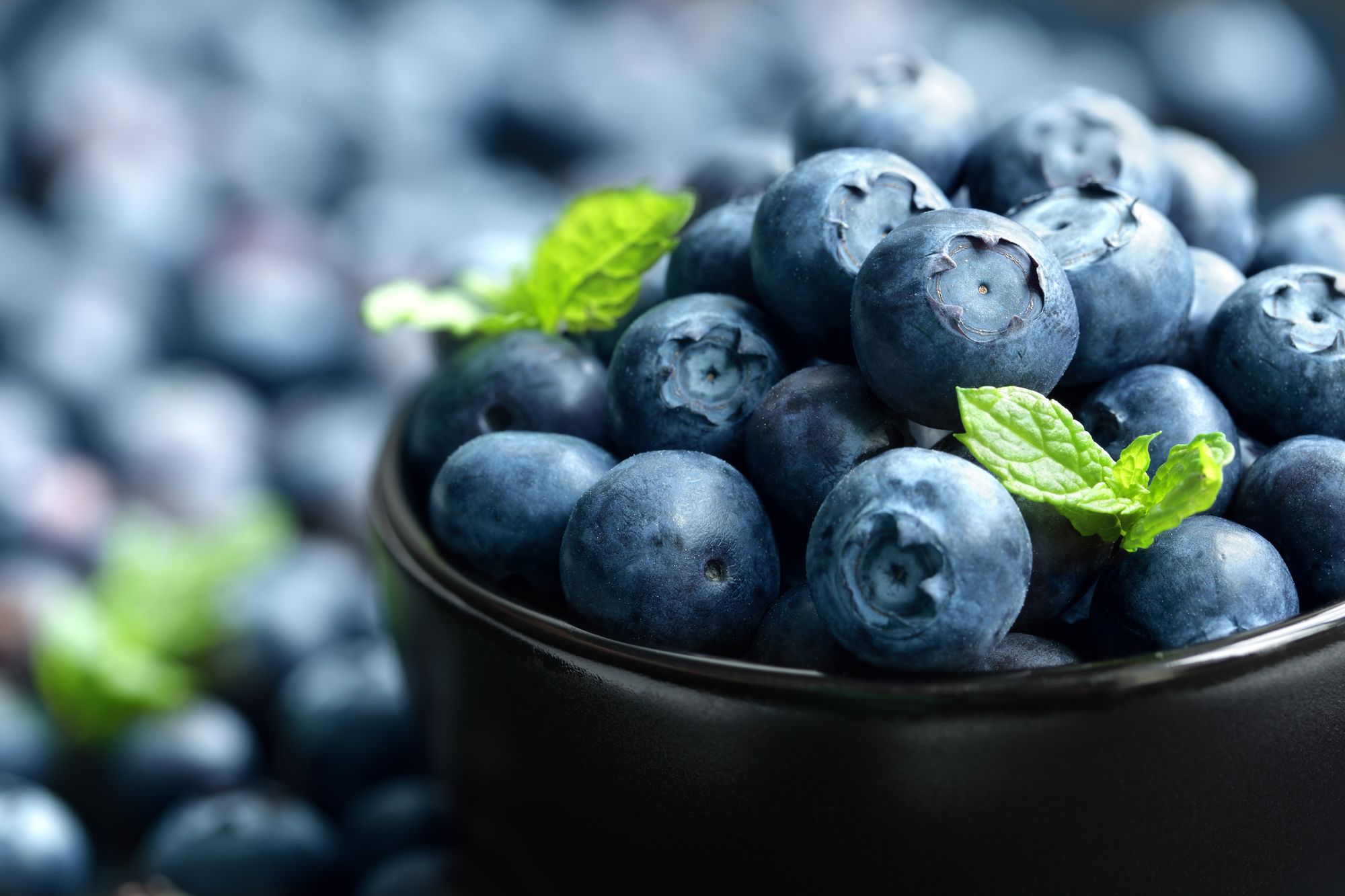
Blueberries are a nutritional powerhouse and are often referred to as a superfood. They are rich in antioxidants, including anthocyanins, which have been associated with numerous health benefits. Blueberries support brain health, reduce oxidative stress, improve heart health, and promote healthy aging. Their sweet and tangy flavor makes them a delightful addition to smoothies, cereals, and desserts.
22) Almonds:
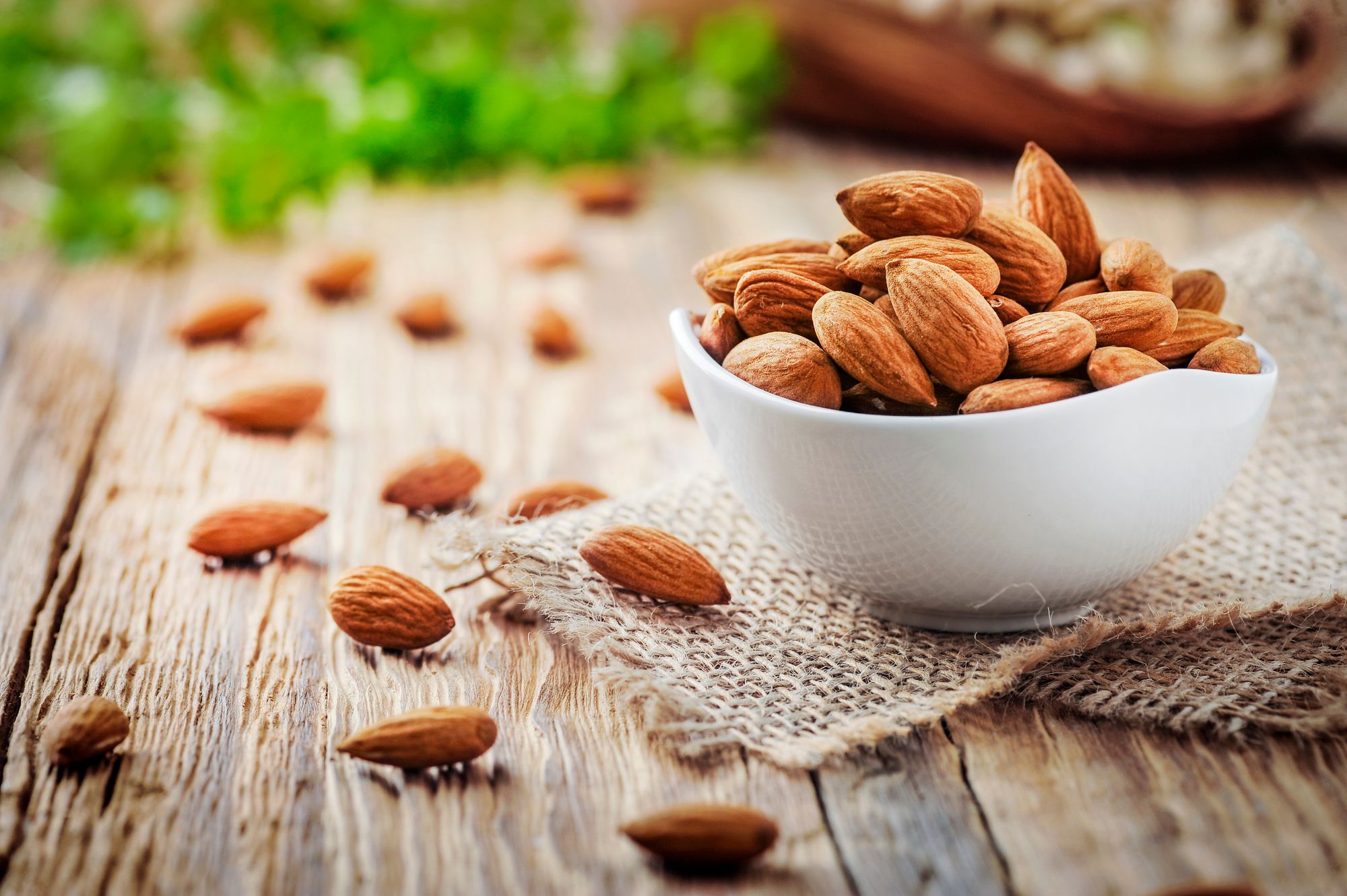
Almonds are a nutrient-dense nut that offers a range of health benefits. They are a good source of healthy fats, fiber, protein, vitamins, and minerals. Almonds promote heart health, support weight management, and help regulate blood sugar levels. They are also rich in antioxidants, such as vitamin E. Enjoy a handful of almonds as a satisfying and nutritious snack.
23) Leafy Greens:
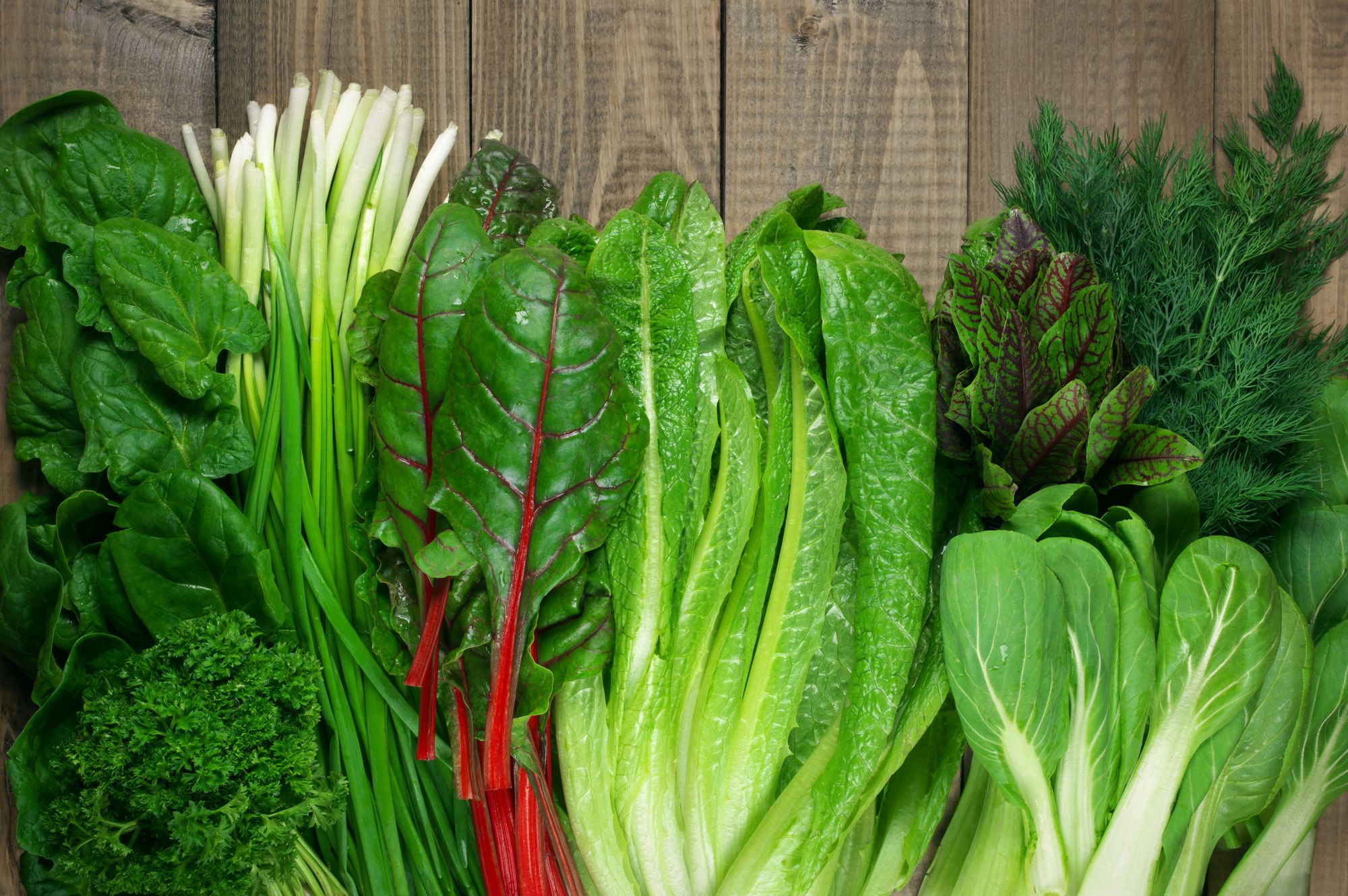
Leafy greens like spinach, kale, and Swiss chard are nutritional powerhouses. They are low in calories and high in vitamins, minerals, and antioxidants. Leafy greens provide fiber, vitamins A, C, and K, iron, calcium, and magnesium. Regular consumption of leafy greens can support bone health, eye health, heart health, and overall well-being.
24) Pomegranate:
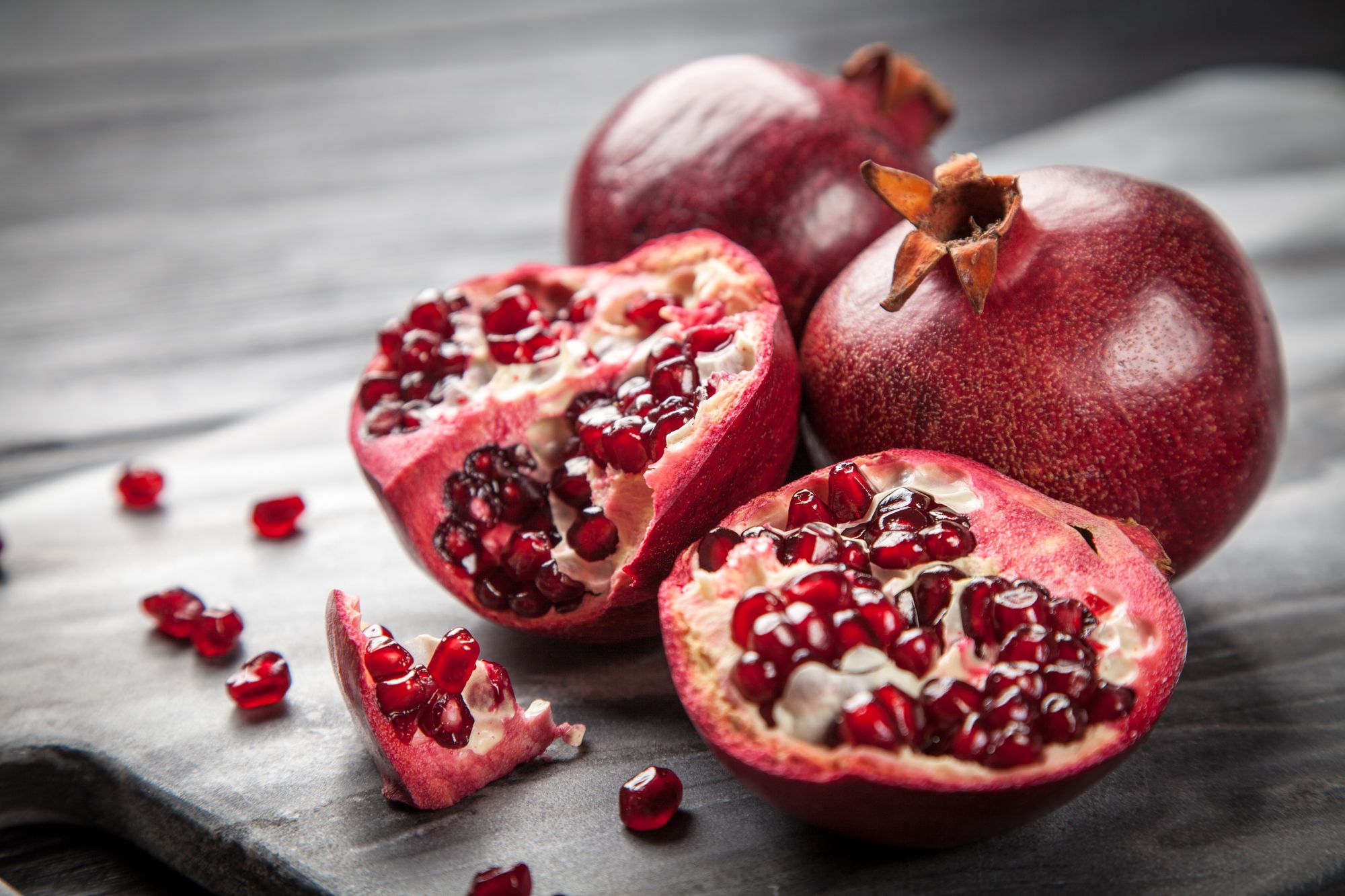
Pomegranate is a delicious fruit known for its vibrant color and health benefits. It is packed with antioxidants, particularly punicalagins, which have potent anti-inflammatory effects and may protect against chronic diseases. Pomegranate also supports heart health, improves digestion, and enhances immune function. Enjoy pomegranate seeds or juice as a refreshing and nutritious addition to your diet.
25) Turkey:

Turkey is a lean protein source that offers a range of essential nutrients. It is low in fat and high in protein, making it an excellent choice for maintaining muscle mass and promoting satiety. Turkey is also a good source of vitamins B6 and B12, selenium, and zinc. Incorporating turkey into your diet can support muscle health, immune function, and overall well-being.
26) Chicken:

Chicken is a versatile and lean source of protein. It is rich in essential amino acids, vitamins, and minerals. Chicken provides high-quality protein, supports muscle growth and repair, and helps maintain a healthy weight. It is also a good source of selenium and vitamin B6. Choose skinless, grilled, or baked chicken for a nutritious and delicious meal option.
27) Lentils:
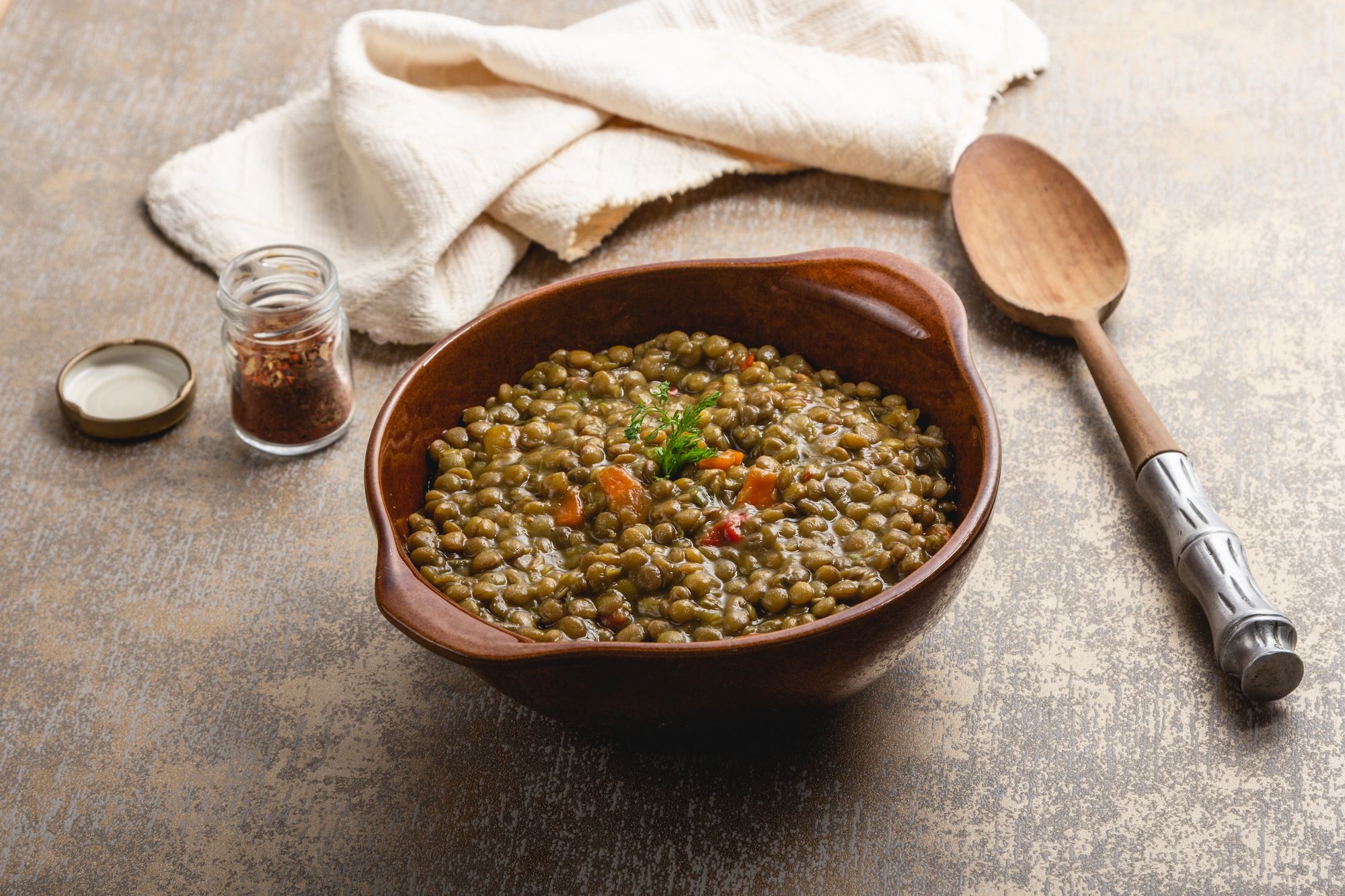
Lentils are a nutrient-dense legume that is high in protein, fiber, and various vitamins and minerals. They are an excellent source of plant-based protein and provide essential amino acids. Lentils also contribute to heart health, support digestive function, and help regulate blood sugar levels. Incorporating lentils into your diet can promote overall health and provide a satisfying plant-based protein option.
28) Sauerkraut:

Sauerkraut is fermented cabbage that offers probiotics, beneficial bacteria that support gut health. It is rich in fiber, vitamins C and K, and antioxidants. Sauerkraut promotes digestive health, boosts the immune system, and may reduce the risk of certain diseases. Choose unpasteurized sauerkraut for the highest probiotic content.
29) Garlic:
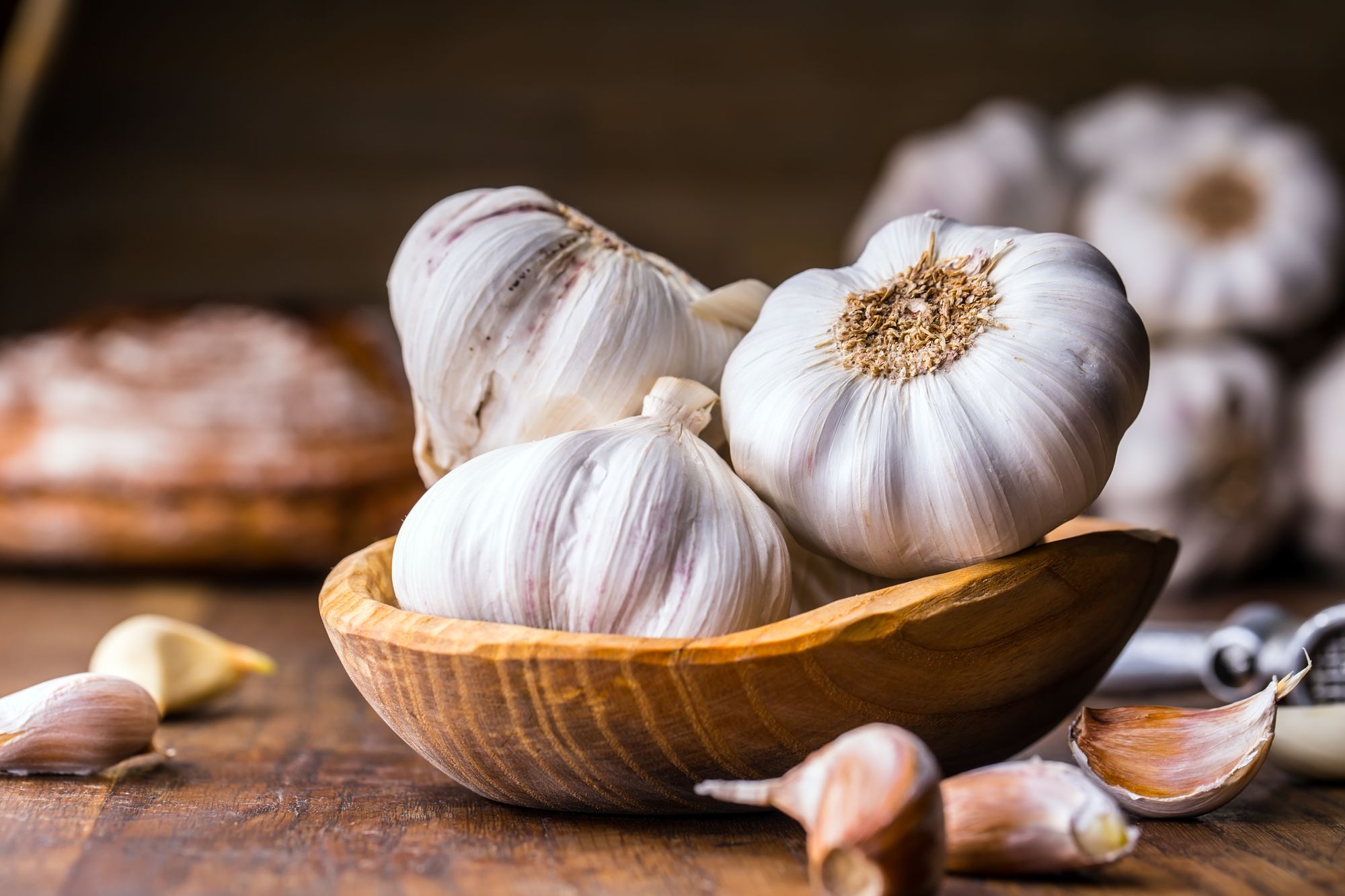
Garlic, a culinary staple in many cultures, has been recognized for its health benefits for centuries. Apart from adding flavor to dishes, garlic has been linked to improved immunity. Studies suggest that garlic supplements may reduce the intensity and duration of the common cold or flu. Garlic has also been associated with improved blood pressure levels. Incorporating even a small amount of garlic into your daily routine can provide powerful health benefits.
30) Cacao:

Contrary to the notion that healthy food lacks flavor, cacao proves otherwise. Cacao is the source of your favorite chocolate treats and offers remarkable health benefits. Cacao beans, obtained from cacao trees, serve as the foundation for chocolate production. When processed into powder form, it becomes cocoa powder.
Cacao beans are packed with flavanols, plant compounds known for their potent health effects. Studies have shown that cocoa can help manage blood pressure, lower blood cholesterol levels, and reduce the risk of heart disease and stroke. It's essential to choose chocolate varieties with higher percentages of cacao for maximum health benefits, as these tend to have lower amounts of added sugar.

